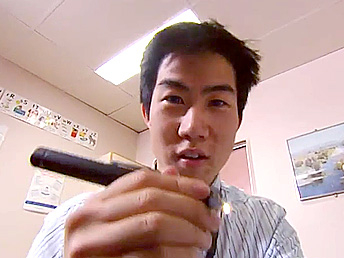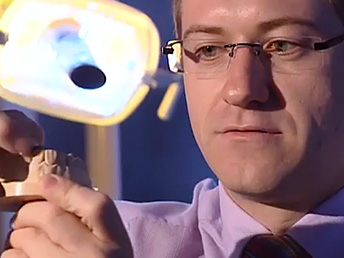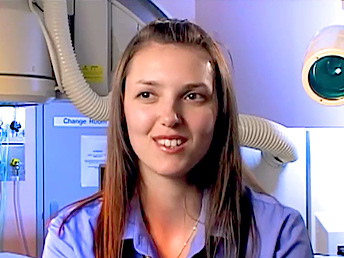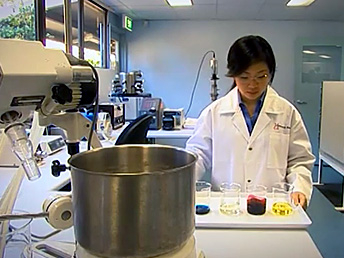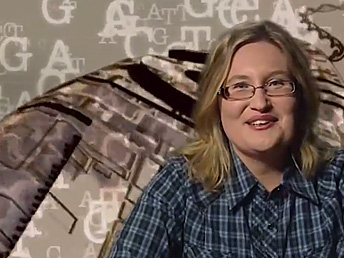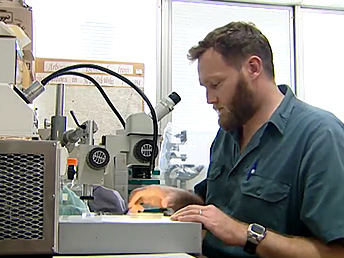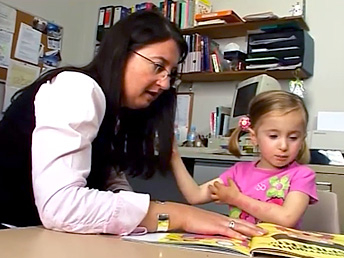
Cancer Researcher
As a cancer researcher, you have a very important job discovering what causes cancer and how to treat it. One in two people will be diagnosed with some type of cancer in Australia. Research is crucial to finding answers that will save thousands of lives.
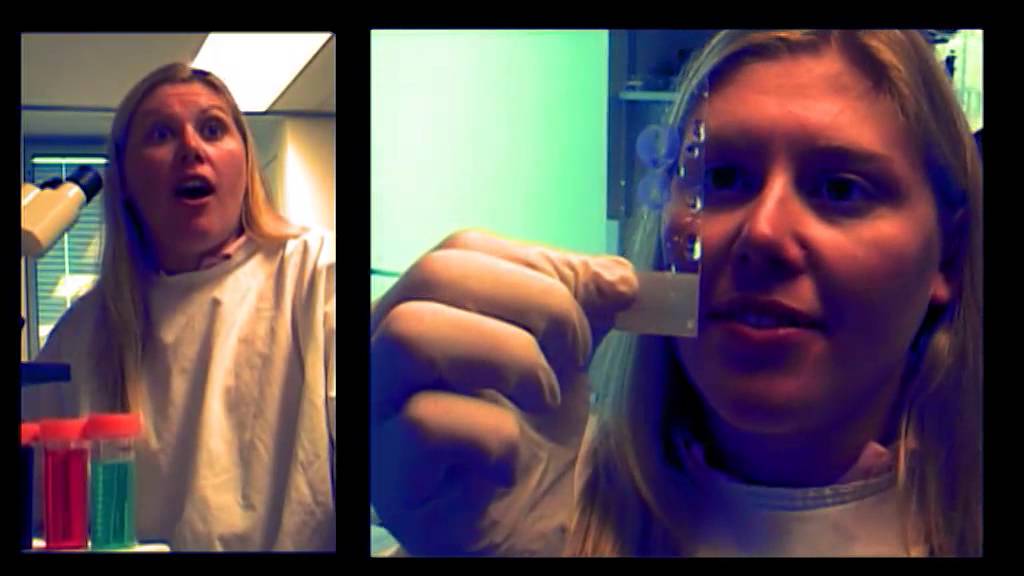

What the job looks like
Salary expectation
starts at $34,000 up to $101,177+

The good
- Finding a result that makes a difference
- Continually learning
- Contributing information that could help hundreds or thousands of people
- Getting to travel to attend conferences
The not so good
- Applying for grants
- Long periods of negative results
Cancer is caused by changes to the genes in our body that control how our cells function.
There are more than 100 types of cancer and a range of treatments have been discovered by researchers in recent years. These have lead to improvements in treatment, early detection and a greater understanding of cancer to work towards prevention.
As a cancer researcher your work will be very hands on and laboratory focused. A lot of your time will be spent studying tumors or checking for changes in cells.
Mathematics is a fundamental part of science and you will use it almost on a daily basis, whether it is for modelling cancer to see how it spreads or gathering data to understanding the principles of physics when dealing with light in treatments like radiotherapy.
You will also have the chance to present your research findings at conferences or in medical journals. Good English skills will help with writing and also understanding all the medical terminology you will need to learn.
If you have a passion for science and helping others, then a career as a cancer researcher could be for you.
It’s the discovery process that’s interesting.
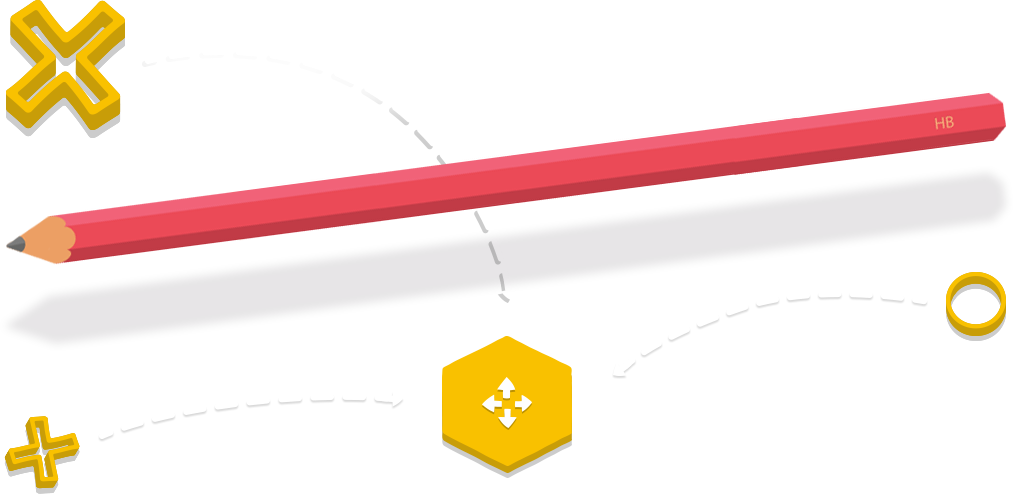
Pathways to this career
Subject suggestions for the HSC
Choosing your HSC subjects from this list could really help with your career. Think carefully about what you want to study after school as you might need to choose specific HSC subjects for that course and to count towards your ATAR (Australian Tertiary Admission Rank). An ATAR is your academic rank in relation to other HSC students and helps with University admission.
HSC subjects
Some subjects will count towards your ATAR, others will not. Check with your career advisor before making subject selections.
- English (Advanced or higher)
- Mathematics (2 unit or higher)
- Chemistry
- Biology
- Physics
What can I do after I have finished school?
University degrees
Studying one of these degrees can help with your career.
- Bachelor of Science
- Bachelor of Biomedical Science
Suggestions
Check out Australian Cancer Research Foundation and Cancer Council Australia for more information
- There are a number of useful health sites and television shows that can keep you up to date on the latest information
- See if you can volunteer at a hospital to get a taste for medical life
- You can also do an extra year of study at university called Honours to focus entirely on your own research project which is highly regarded by some employers
- Go to career expos and events like university Open Days for information about what you will study
